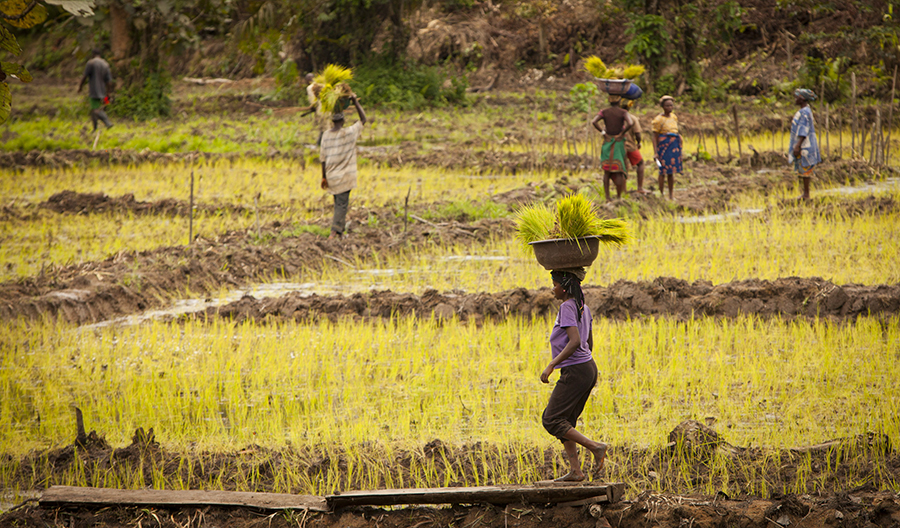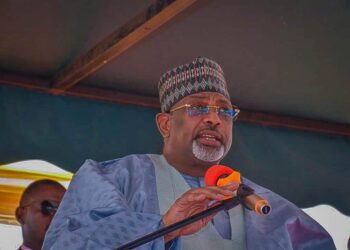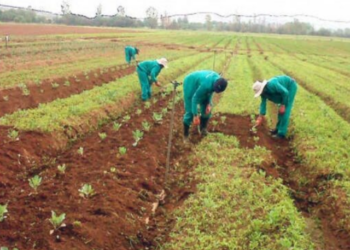An agri-business company, Hermam Synergy Ltd., has announced a support program aimed at empowering 13,000 farmers in Ibaji, Kogi State, to improve their rice yields.
The firm believes that equipping rural farmers with the necessary skills, it will address the issue of low yields per hectare.
Hermam Synergy Ltd.’s CEO, Michael Ameh, disclosed this initiative during a press briefing in Abuja on August 20, 2024, which was attended by a Nairametrics analyst.
He revealed that his firm has secured a grant from the Government of the Netherlands aimed at creating jobs for youth and addressing food insecurity in the area by empowering rural smallholder farmers with modern knowledge and techniques to combat low yields.
Food Insecurity
Nairametrics previously reported severe insecurity in Northern Nigeria, a key food-producing region, which has led to increased food prices and a shortfall in food supply.
Recently, Nigeria has faced a food security crisis, with food inflation reaching 40.87% as of June 2024. With a significant portion of the population living below the poverty line and stagnant wages, hunger has become widespread.
According to Ameh, low yields in the area result from poor agronomic practices, lack of access to high-quality and affordable farm inputs, and weak adaptation to changing climate conditions.
He said his firm intends to address these issues through the Challenge Fund for Youth Employment (CFYE) project.
The co-investment project is a grant funded by the Government of the Netherlands and managed by the Palladium Group.
Job creation and funding
Ameh stated that the project will provide employment opportunities in agriculture, equip rural youth with the necessary skills, and increase rice paddy yields per hectare for an additional 13,000 rural rice farmers in Ibaji.
“It’s a co-investment project. The total cost of the project is about 850,000 euros. The grant covers approximately 387,000 euros. Our company is investing 473,000 euros, which is about 55% of the project cost.
“The project aims to support around 13,000 rural smallholder farmers in Kogi, specifically in the local government area of Ibaji,” he said.
Ameh explained over 1,480 young extension service providers are to be recruited to train these farmers in good agronomic practices, climate resilience, and adaptation while managing them through tech-enabled field extension services.
He added that these farmers will receive training on best agricultural practices and building resilience against climate change to achieve better yields.
He highlighted that farmers will be expected to repay a small portion of their improved harvest, while the company will purchase the excess grains at above-market rates after harvest.
“We move these grains into our warehouse and sell them to agro-allied processing companies and similar entities. This is part of our business model. For the farmers, we’re helping to increase their income and, more broadly, enhance food security.
“On our side, we can provide a market for these farmers and generate revenue from the grains we sell,” he said.
What you should know: The Challenge Fund for Youth Employment (CFYE) is a 7-year program funded by the Netherlands Ministry of Foreign Affairs. The fund is managed by the Palladium Group, Randstad, and VSO.
CFYE launched its first Call for Solutions in Nigeria in 2020 to co-invest in innovative private sector-led initiatives that provide businesses with access to suitably skilled personnel and create employment opportunities for youth.




















